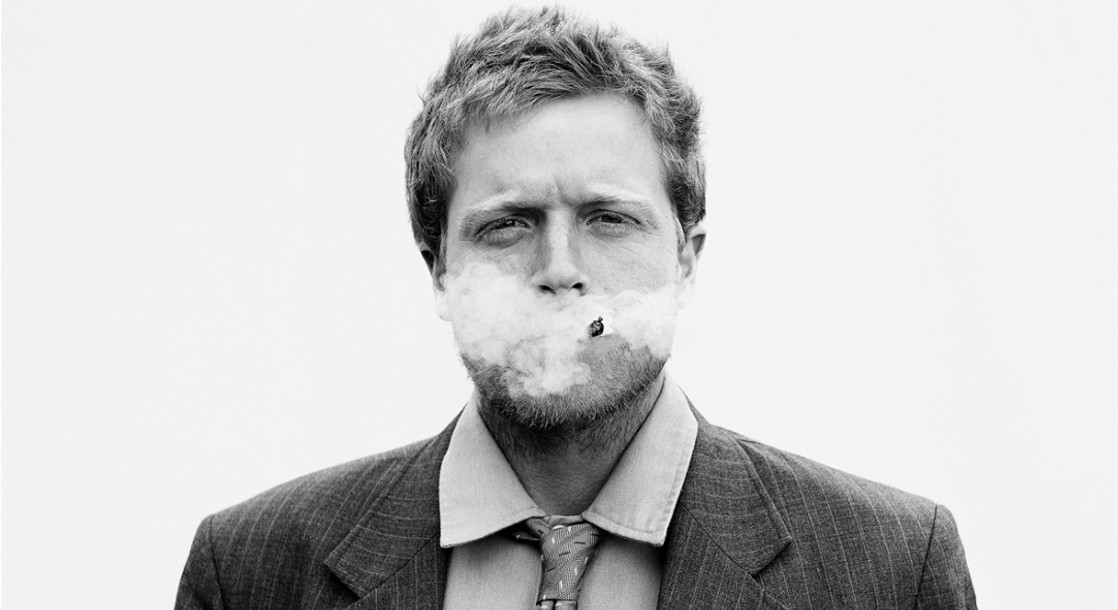A federal health agency recently announced it would no longer provide government funds for state-run addiction programs that included medical cannabis as a treatment.
Last week, federal officials with the Substance Abuse and Mental Health Services Administration (SAMHSA), the addiction treatment arm of the US Department of Health and Human Services, declared the new rule during a phone call with state officials. SAMHSA cited the federal law’s ban of marijuana and a lack of scientific evidence showing the plant’s ability to curb opioid addiction as reasons to justify the new rule.
“There’s zero evidence for that,” Dr. Elinore McCance-Katz, SAMHSA’s Assistant Secretary for Mental Health and Substance Use, told NY Daily News. “We felt that it was time to make it clear we did not want individuals receiving funds for treatment services to be exposed to marijuana and somehow given the impression that it’s a treatment.”
SAMHSA currently wields a $1.8 billion budget just for combating opioid abuse and addiction in the US. The agency is requesting roughly $2 billion for the fiscal year of 2020 for fighting against the opioid epidemic.
The new rule is more pre-emptive than corrective. Although several studies suggest that cannabis is an effective and relatively non-toxic painkiller, and legalizing weed reduces opioid use and overdose deaths in states that allow it, other studies disagree. However, currently, no state-run addiction program dispenses medical marijuana to patients. Rather, some medical marijuana states, such as New Mexico and Colorado, allow doctors to recommend cannabis in place of opioids, or as an unconventional treatment for ending opioid addiction. There are also some privately run programs that include cannabis as an opioid replacement, but these programs do not, and have not, received federal money.
Regardless, what consequences the new rule will have, if any, have yet to be seen. Additionally, the new rule won’t stop medical marijuana states from dispensing legal weed to patients who want to stop or reduce their use of opioid painkillers. “[W]e will continue to monitor to ensure individuals are receiving appropriate treatment to combat the opioid epidemic,” Rachel Kostelac, a representative for Pennsylvania’s Department of Drug and Alcohol Programs, said to NY Daily News.
In 2017, President Trump declared the nation’s opioid crisis a public health emergency. Roughly 70,000 Americans died in 2017 due to opioid abuse, and Trump’s policies to curb the epidemic, so far, have done little to stop it. It’s almost as if the feds are intentionally ignoring a potentially groundbreaking, effective, and safe treatment simply because they want to keep it illegal.
Follow Randy Robinson on Twitter











